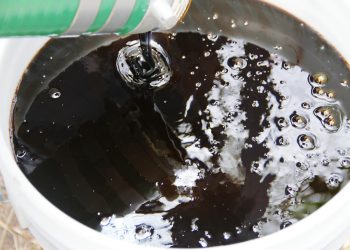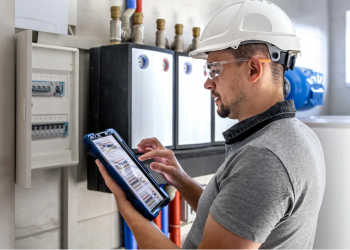Solar power systems have revolutionized the way we harness renewable energy, offering a sustainable and eco-friendly alternative to traditional sources of electricity. At the heart of these systems lies the solar inverter, a crucial component responsible for converting the direct current (DC) generated by solar panels into usable alternating current (AC). The efficiency of solar inverters plays a pivotal role in determining the overall performance and cost-effectiveness of solar power systems.
Efficiency Level of Solar Inverters
The efficiency of a solar inverter is a measure of how effectively it converts DC input power into AC output power. Typically expressed as a percentage, the efficiency of modern solar inverters ranges between 95% and 98%. This means that only a small percentage of power is lost during the conversion process. Some inverters may boast a “peak efficiency” slightly higher than the average efficiency, achieved under optimal conditions.
Conversion Losses and Factors Affecting Efficiency
Conversion losses primarily occur due to heat generation within the electronic components of the inverter. Advanced cooling mechanisms and circuit designs help minimize these losses. However, inverter efficiency can vary depending on several factors, including the load it is handling, ambient temperature, and installation quality. Higher temperatures, for instance, can reduce efficiency, highlighting the importance of proper thermal management.
Testing and Division
Testing of solar inverters is essential to ensure they meet regulatory standards, safety requirements, and efficiency claims. Standardized tests specified by organizations like the Institute of Electrical and Electronics Engineers (IEEE) or the International Electrotechnical Commission (IEC) measure efficiency under various conditions. Temperature testing evaluates performance under different thermal conditions, while load testing assesses efficiency at varying load levels.
Durability and reliability testing involve running the inverter for extended periods to simulate its lifespan and detect potential failures over time. Certification from relevant bodies affirms compliance with safety and performance standards, providing assurance of the inverter’s quality and reliability.
Conclusion
Efficient and well-tested solar inverters are essential for maximizing the return on investment in solar technology and ensuring the reliable, long-term operation of solar power systems. By understanding the role of solar inverters and their impact on system efficiency, consumers and installers can make informed decisions when selecting and deploying solar power solutions. With advancements in technology and rigorous testing standards, solar inverters continue to drive the growth of renewable energy and contribute to a sustainable future.









